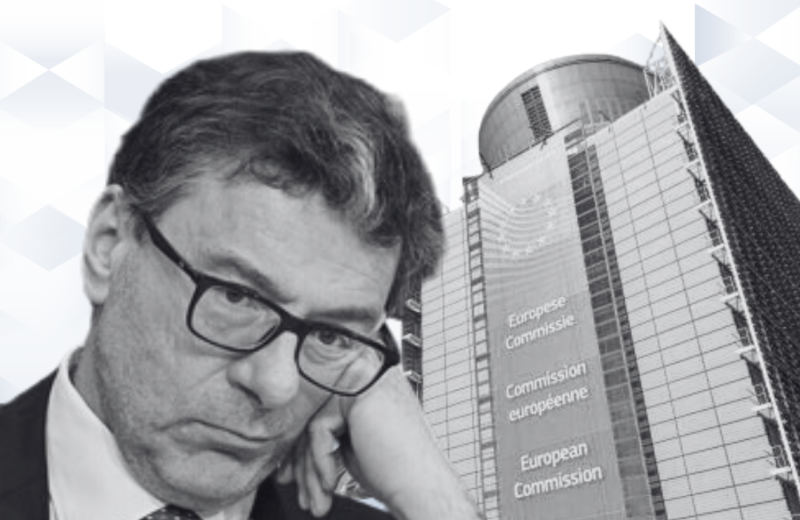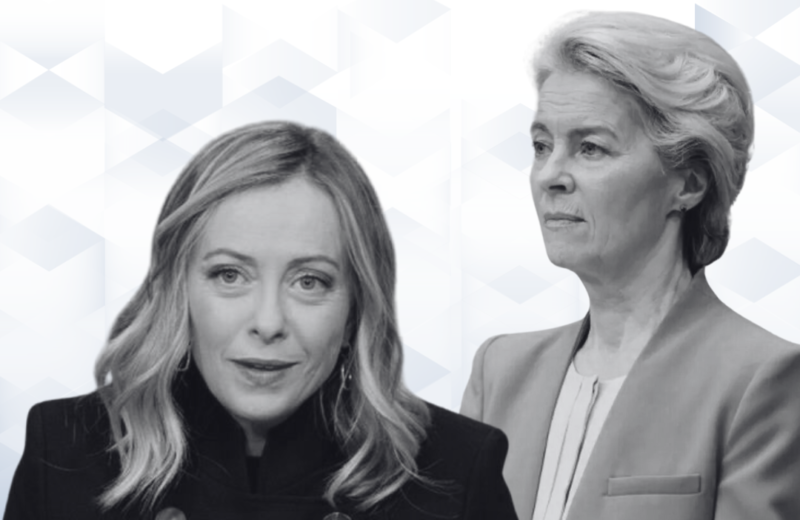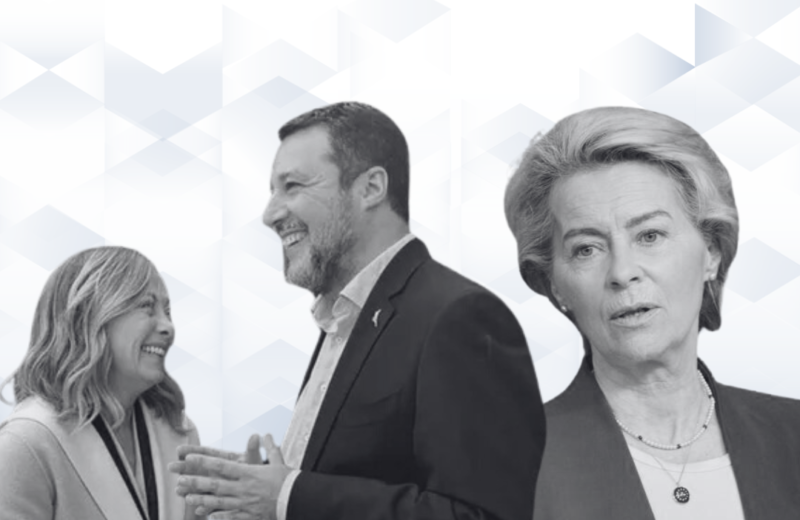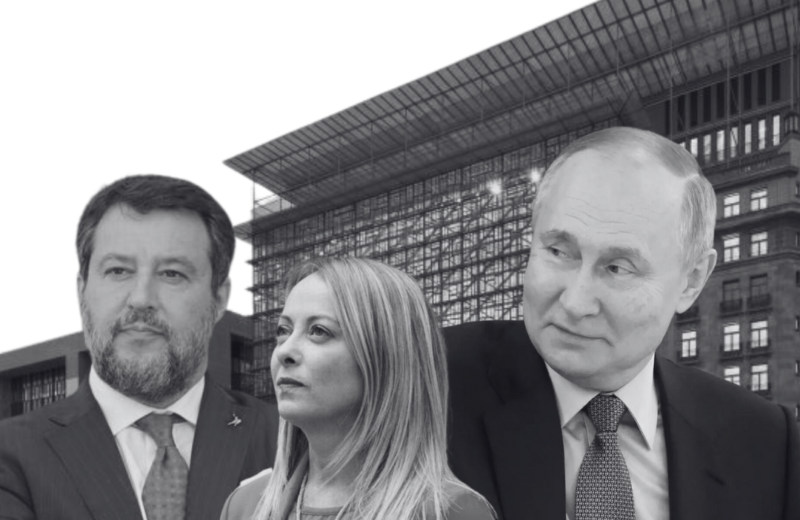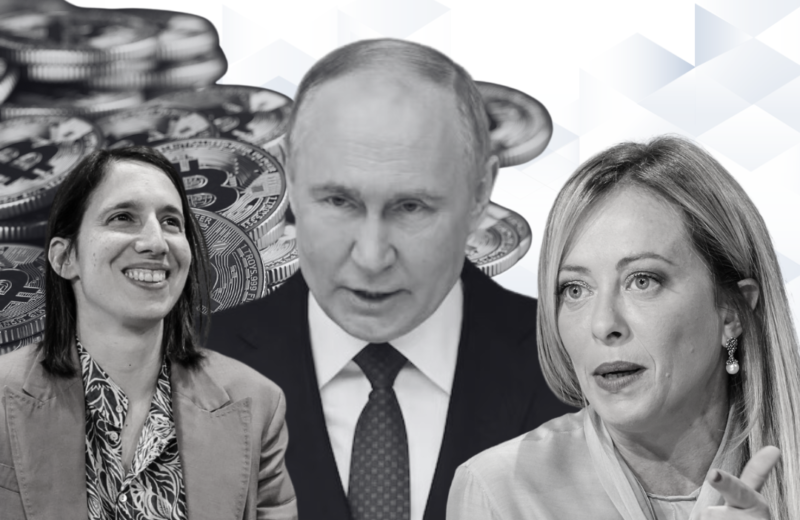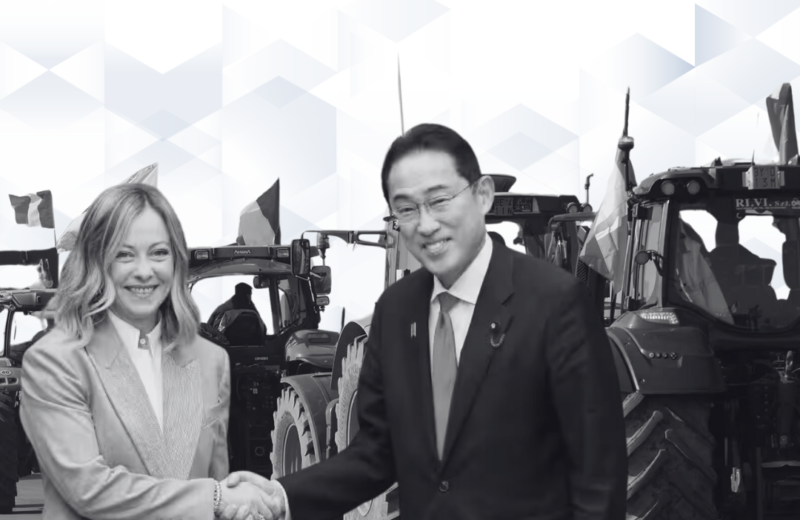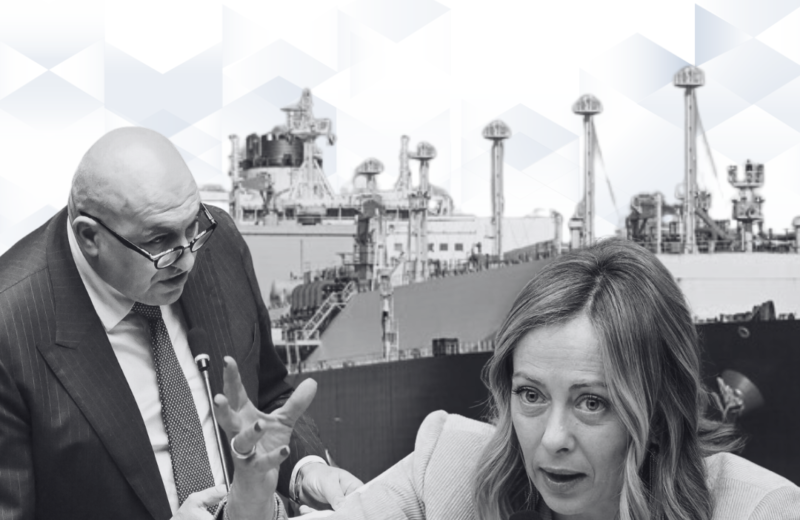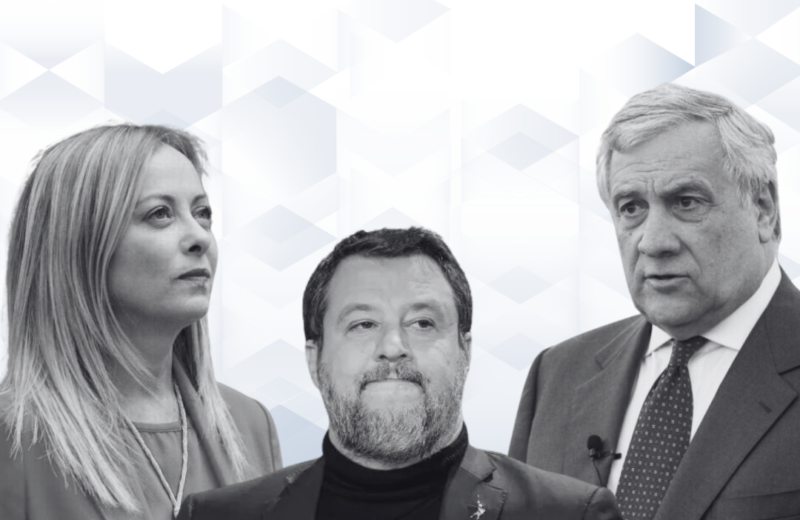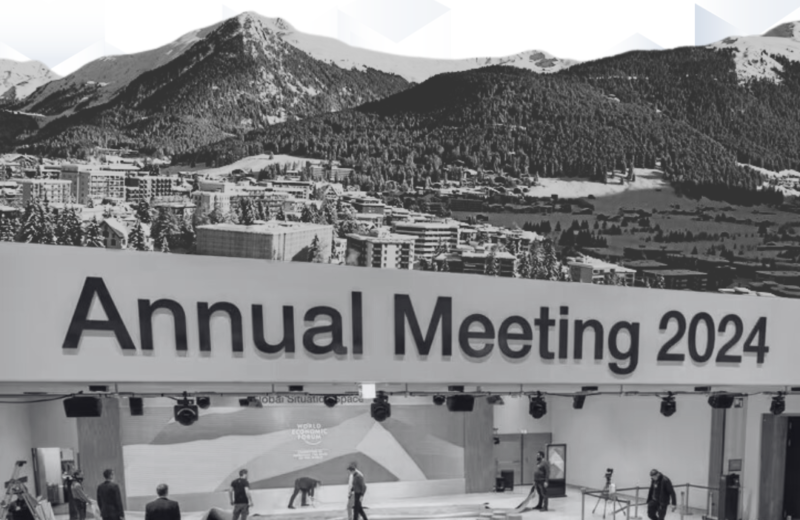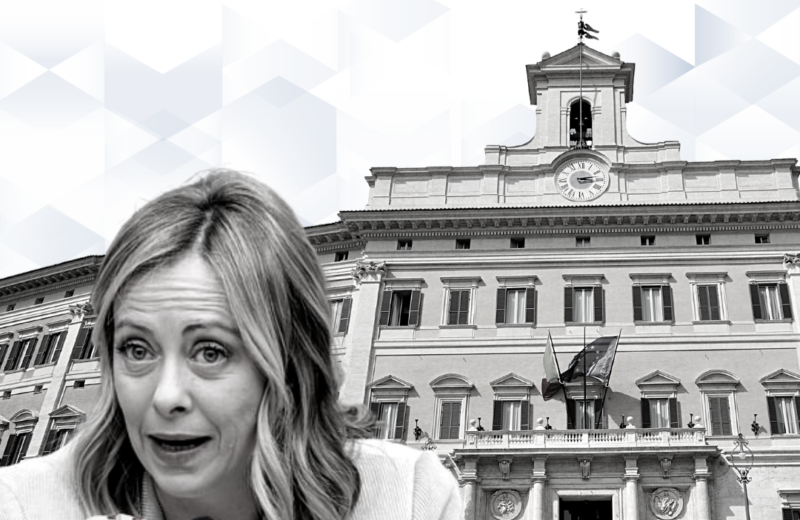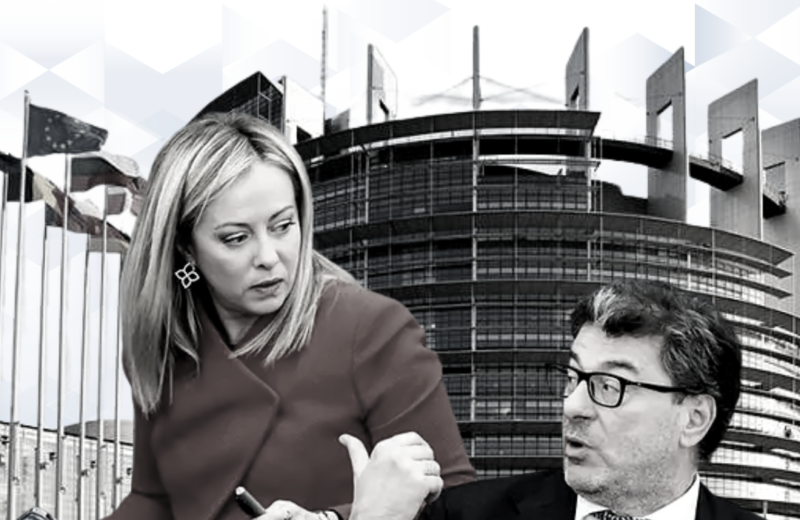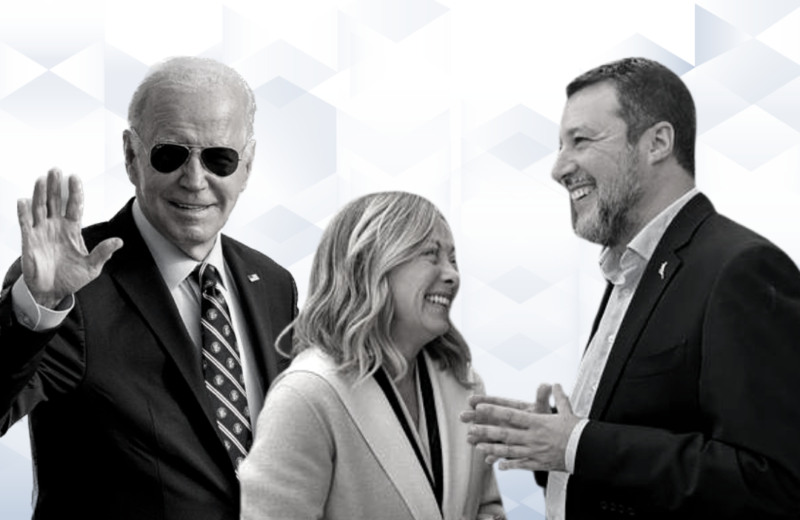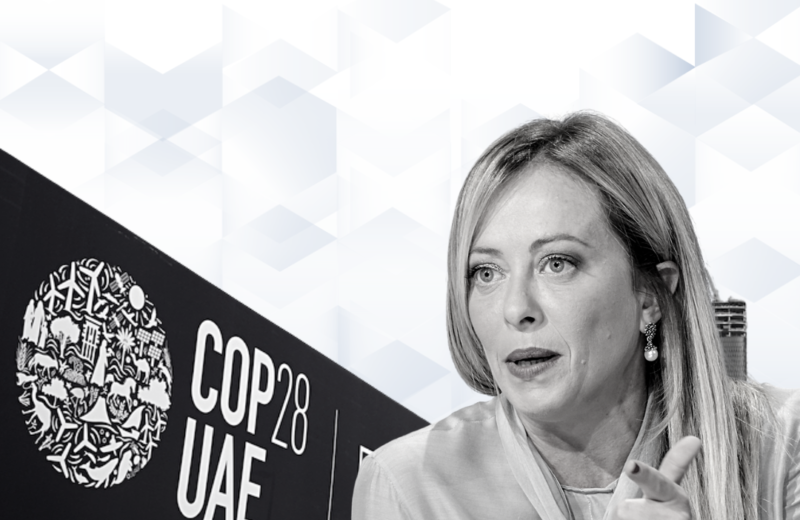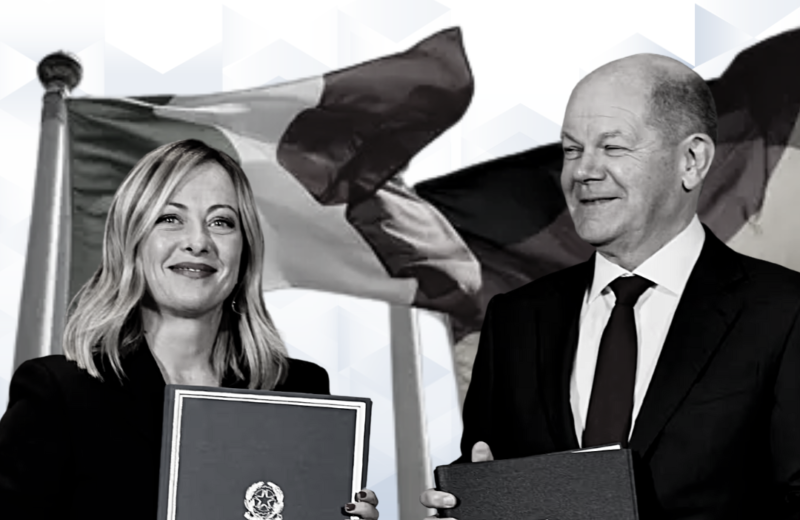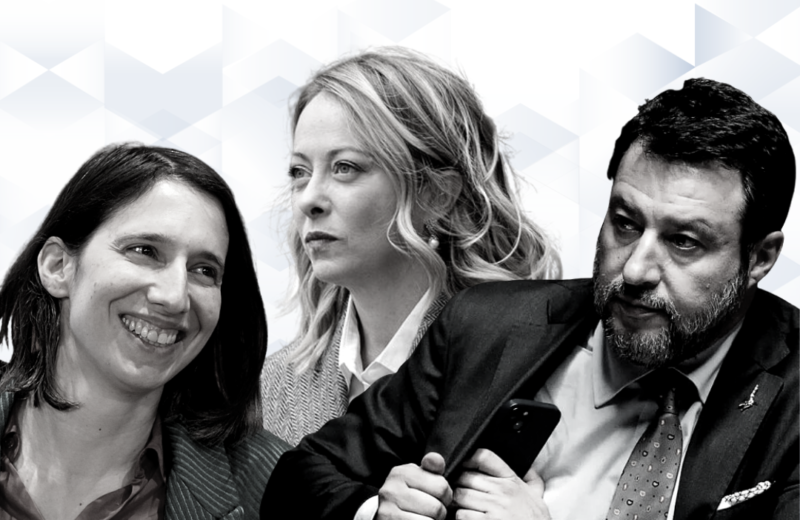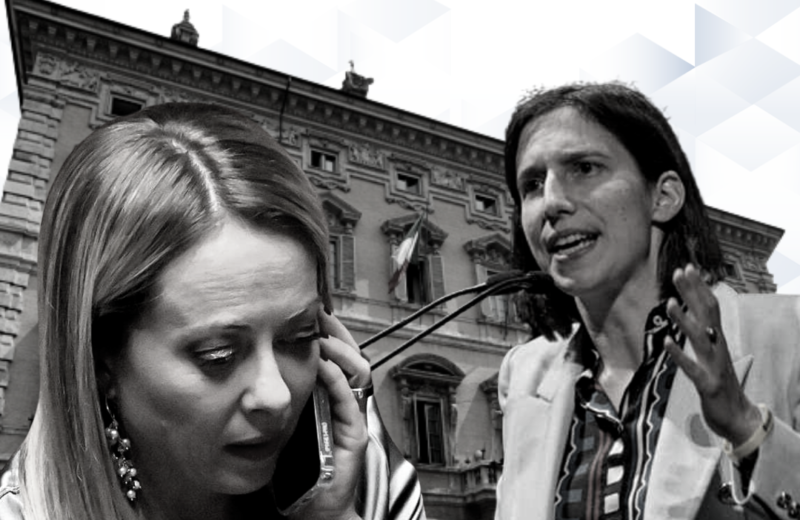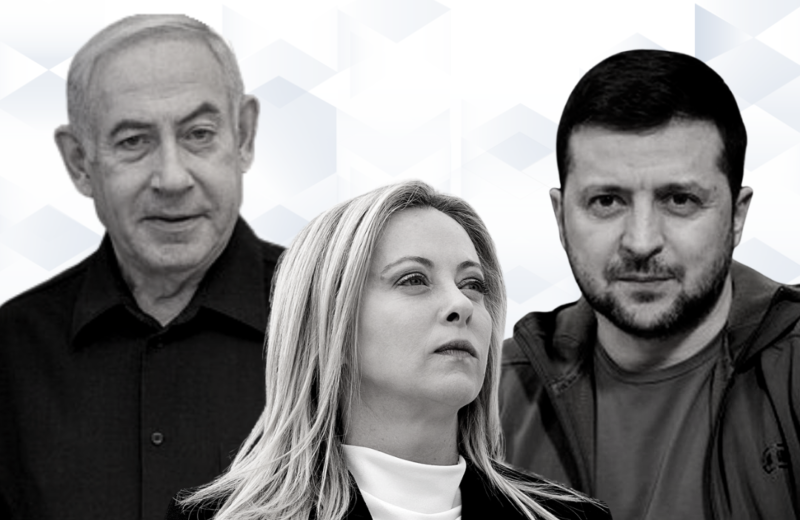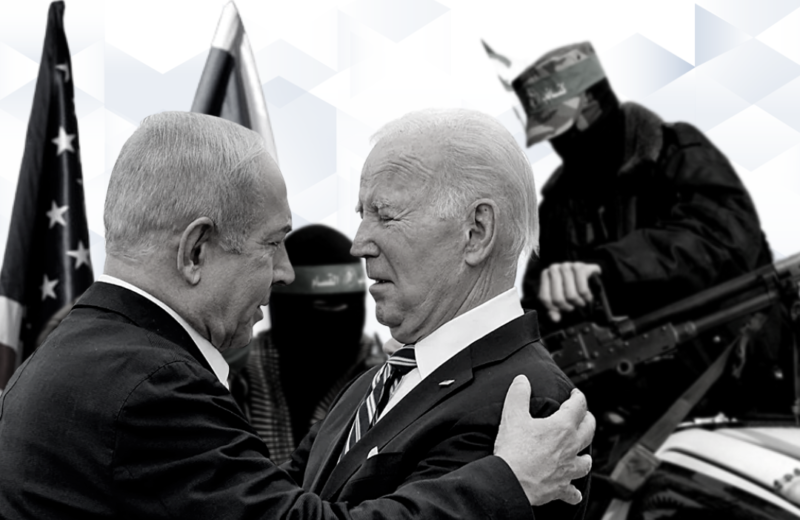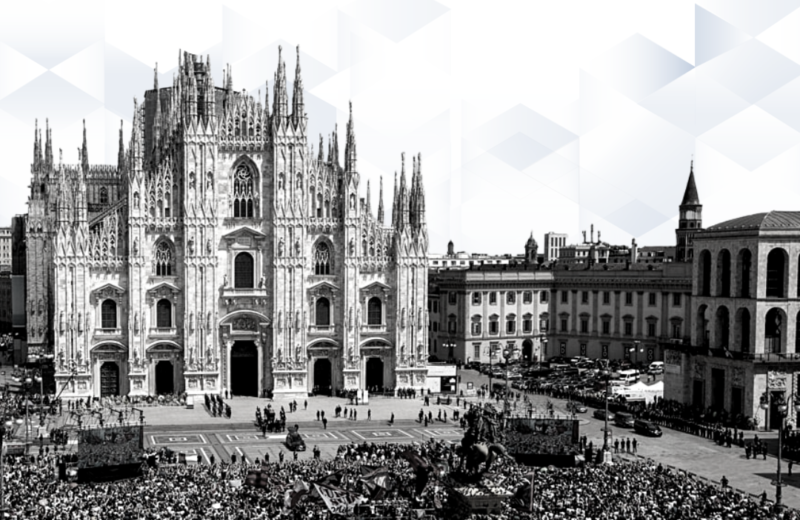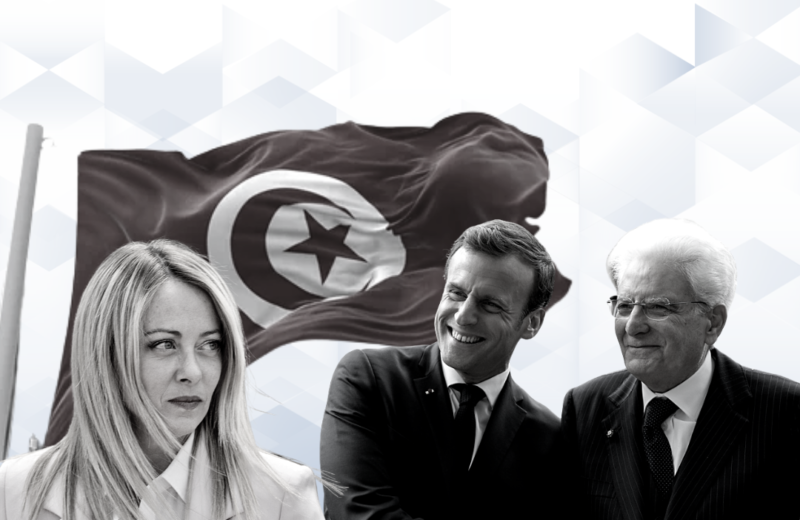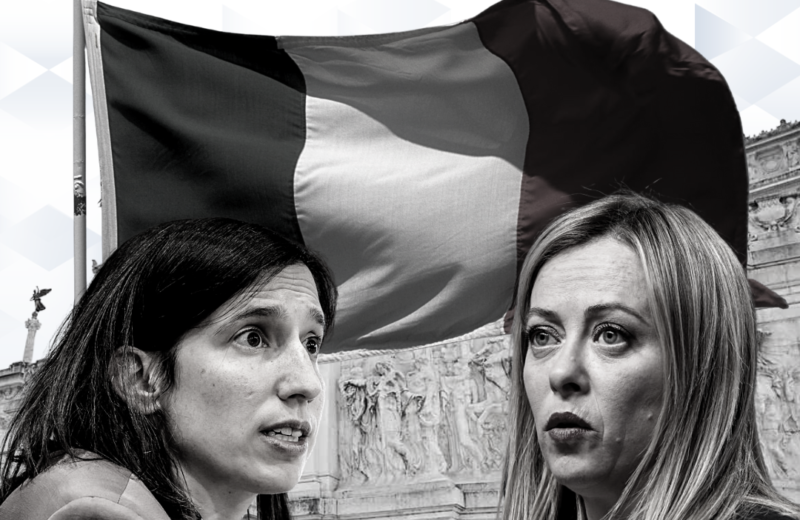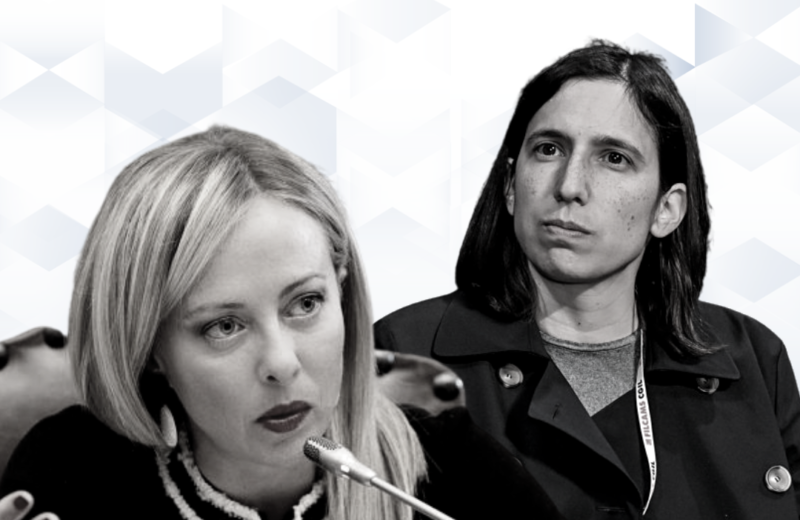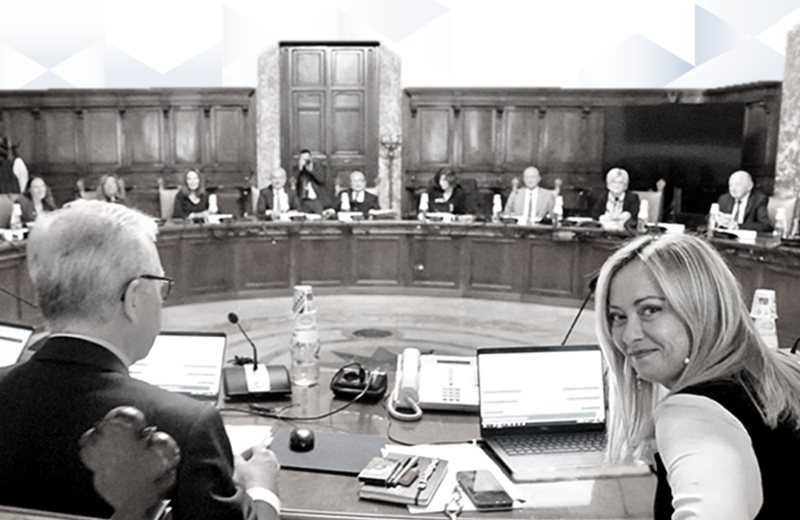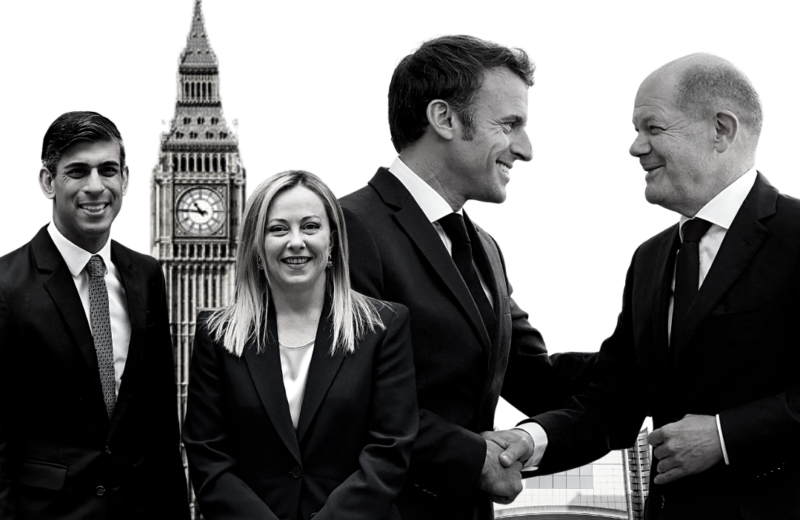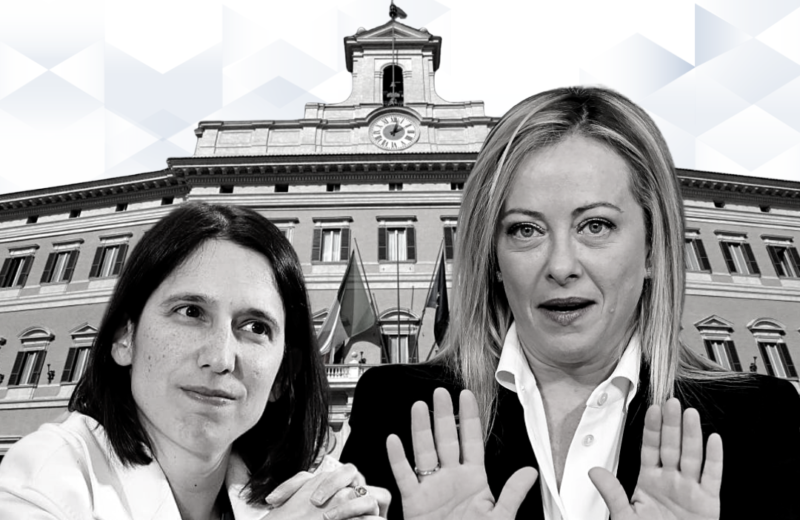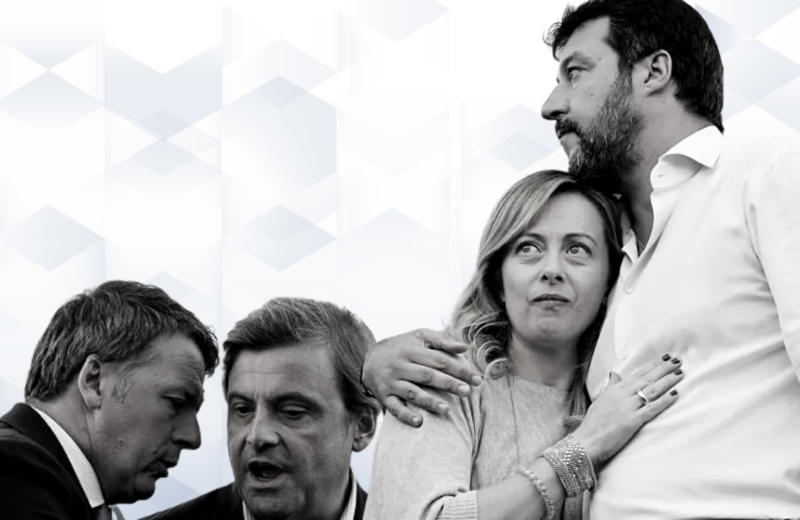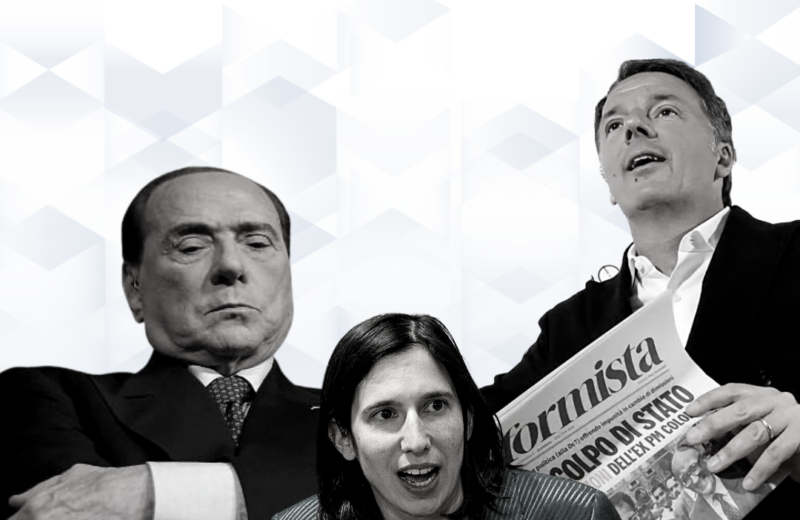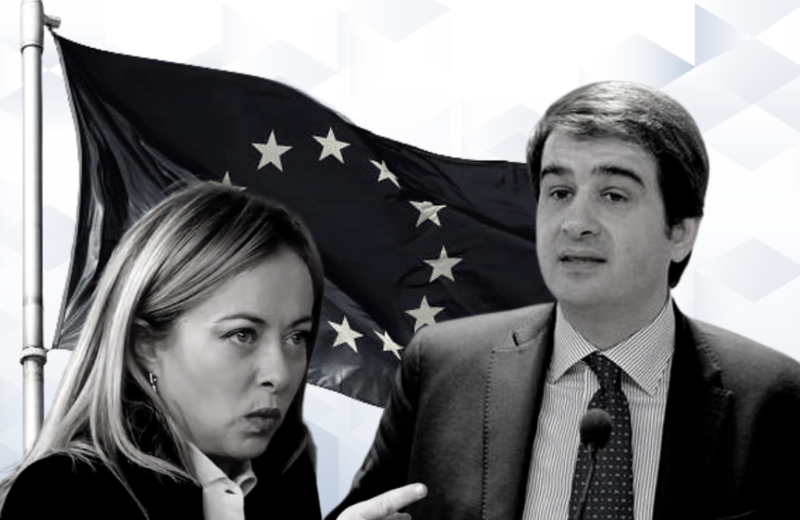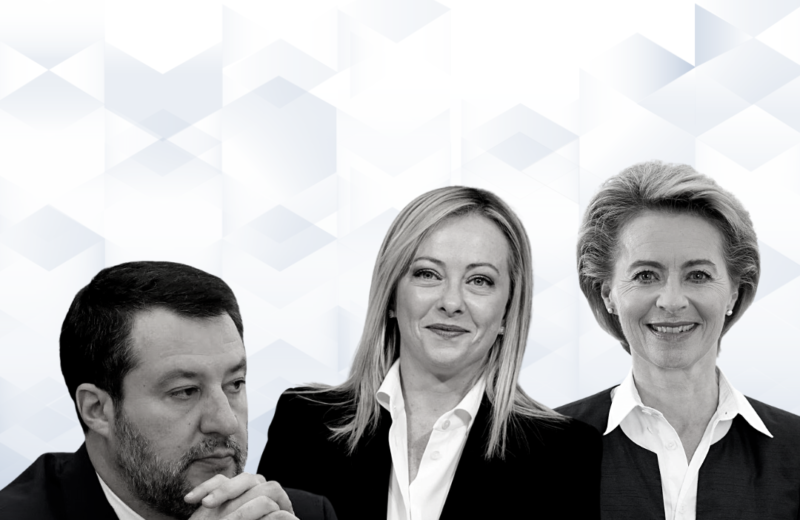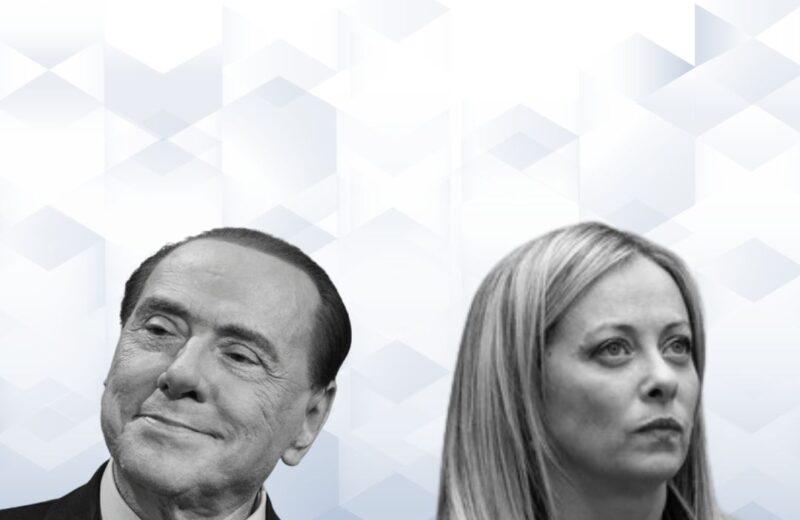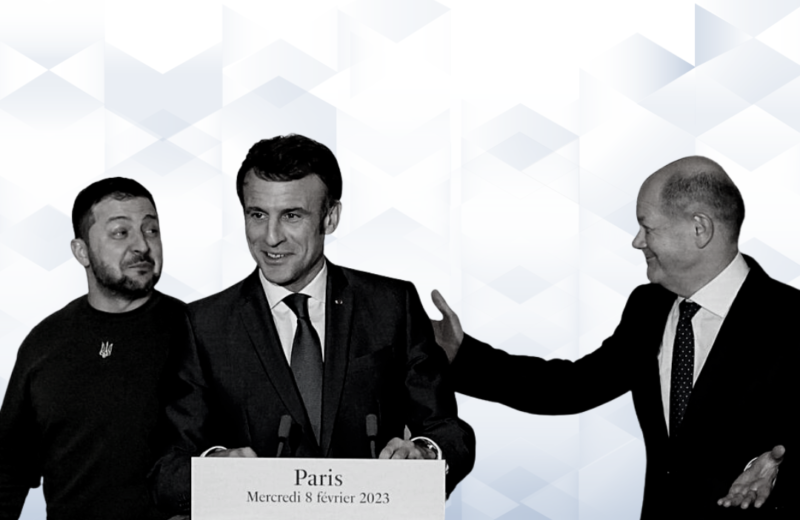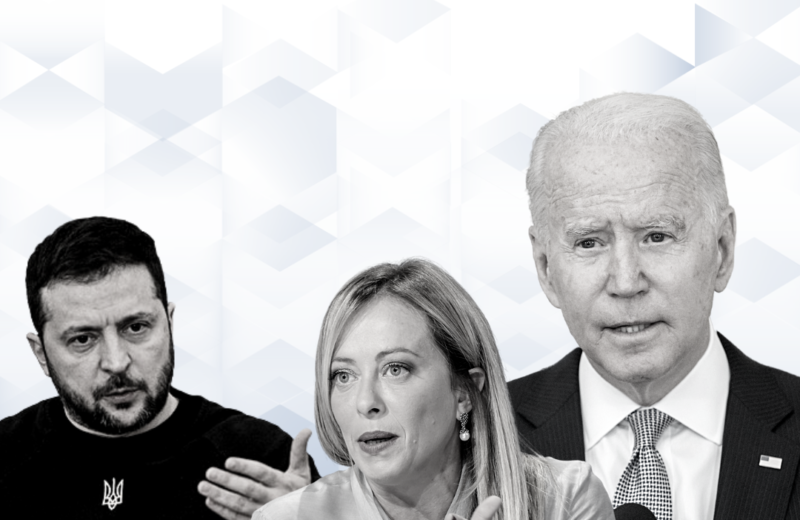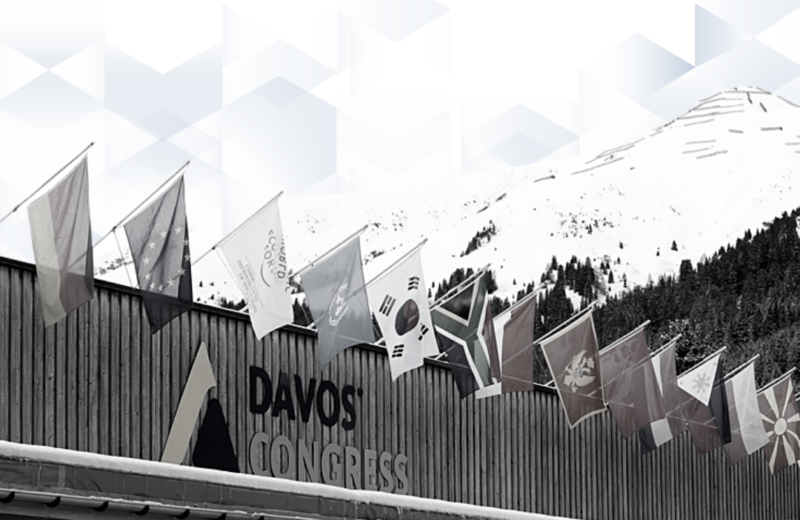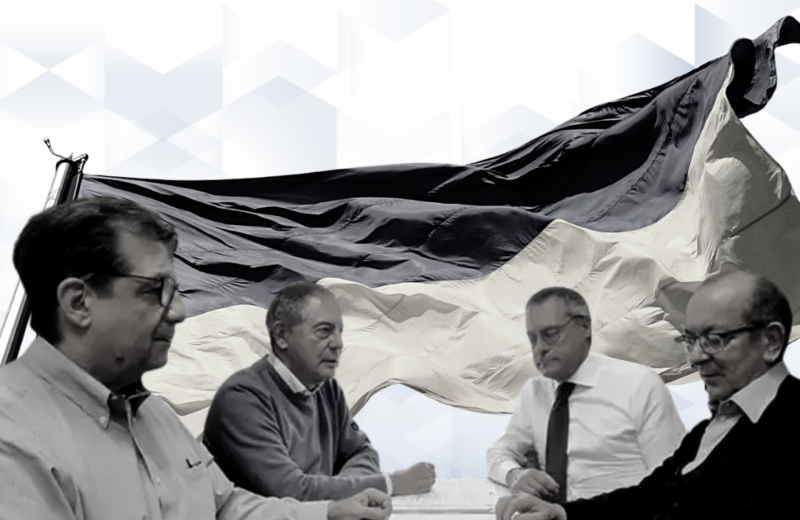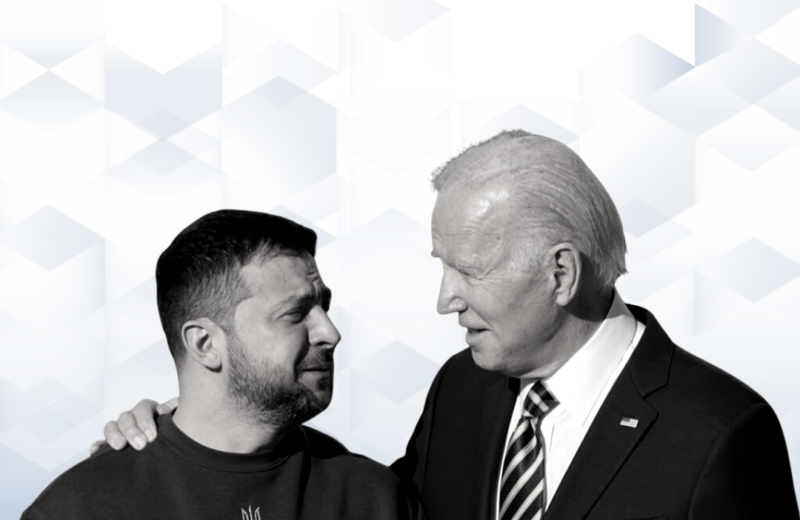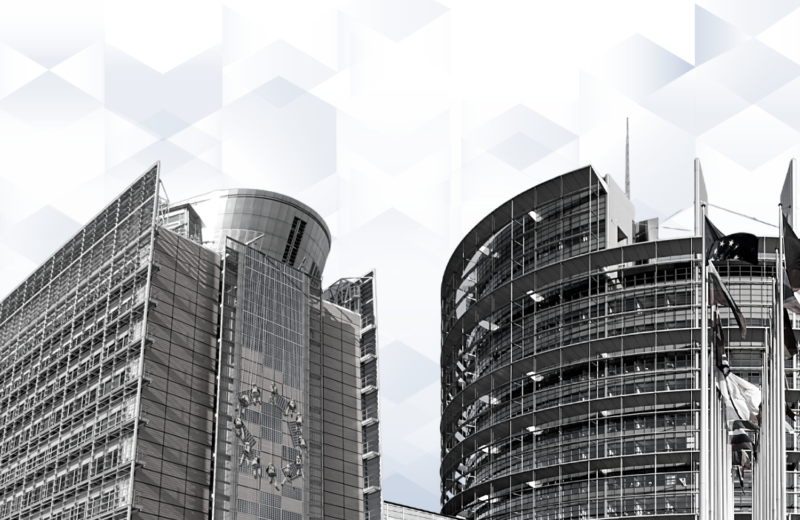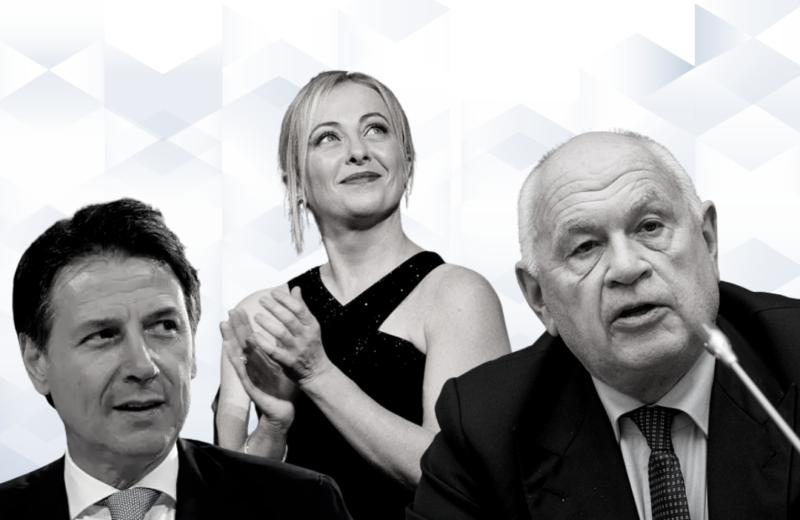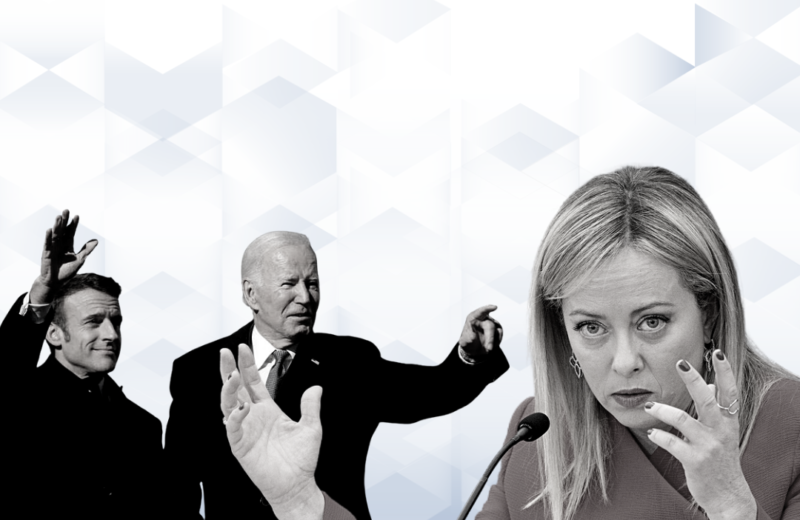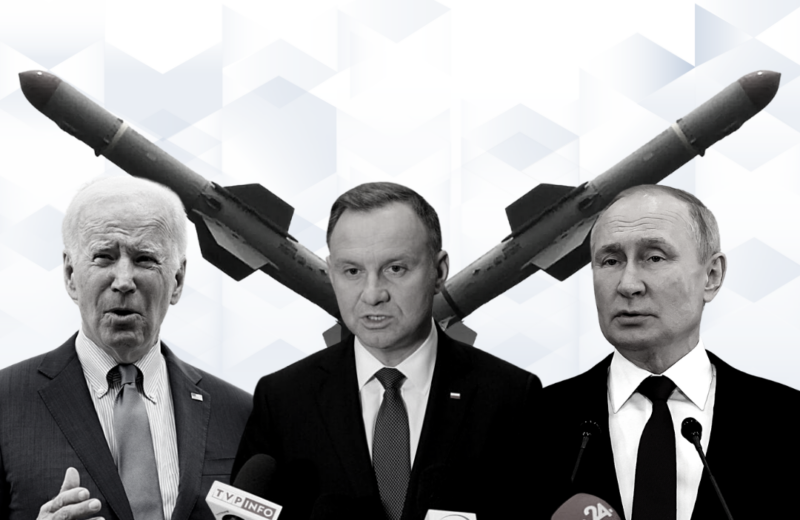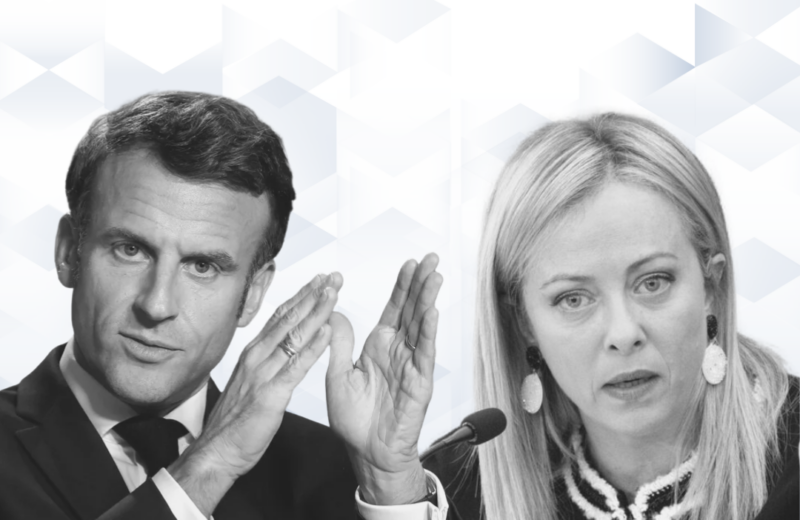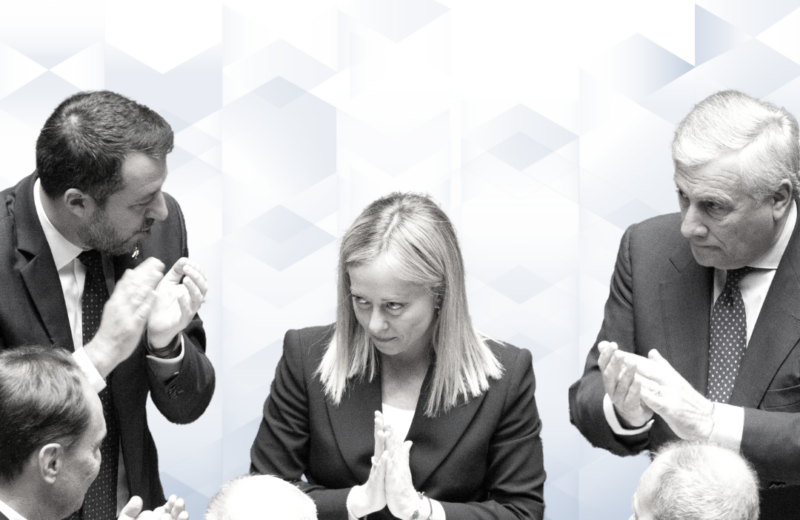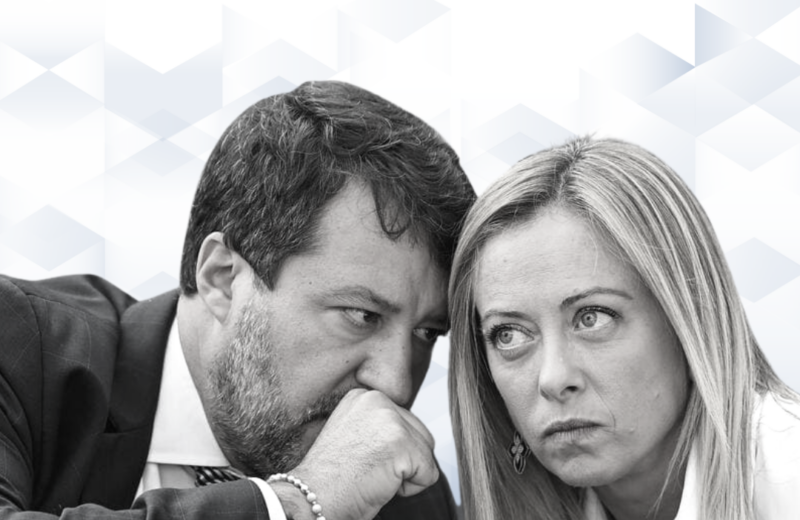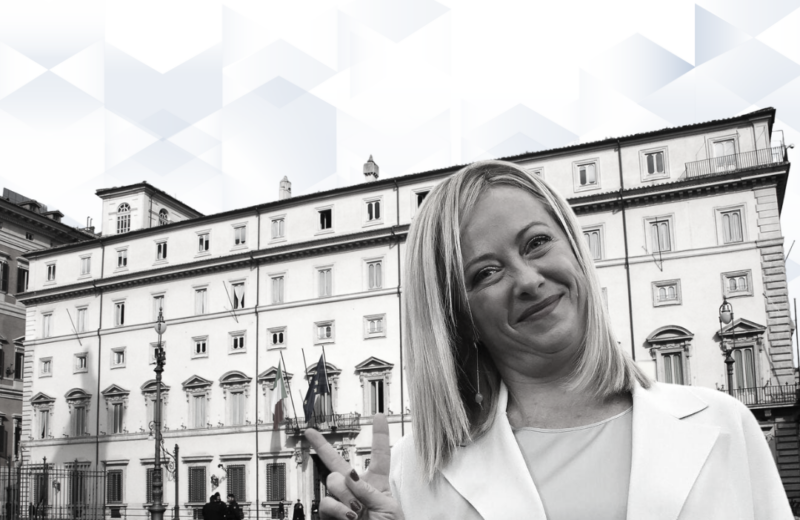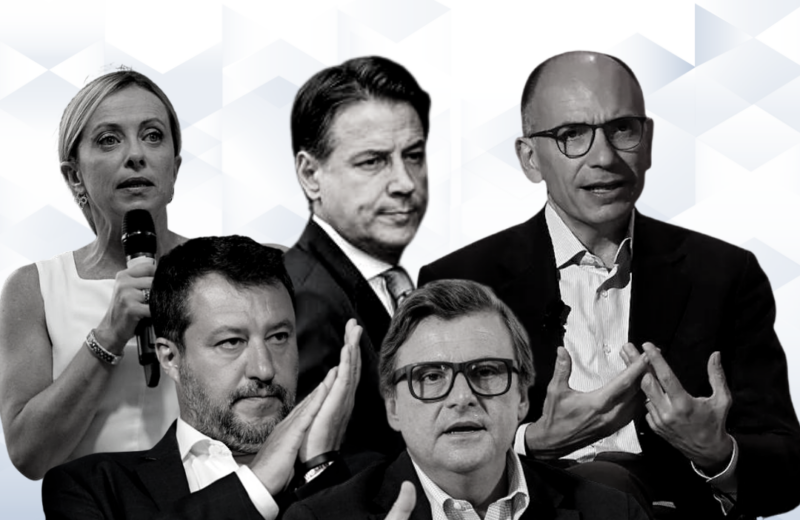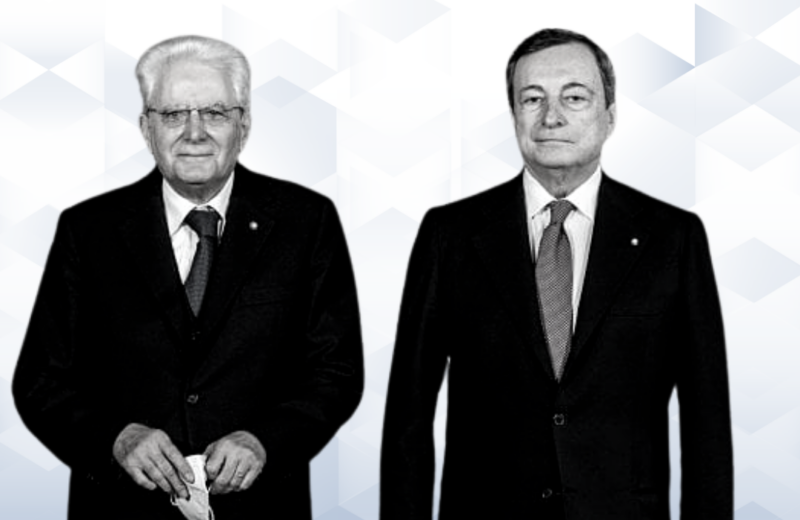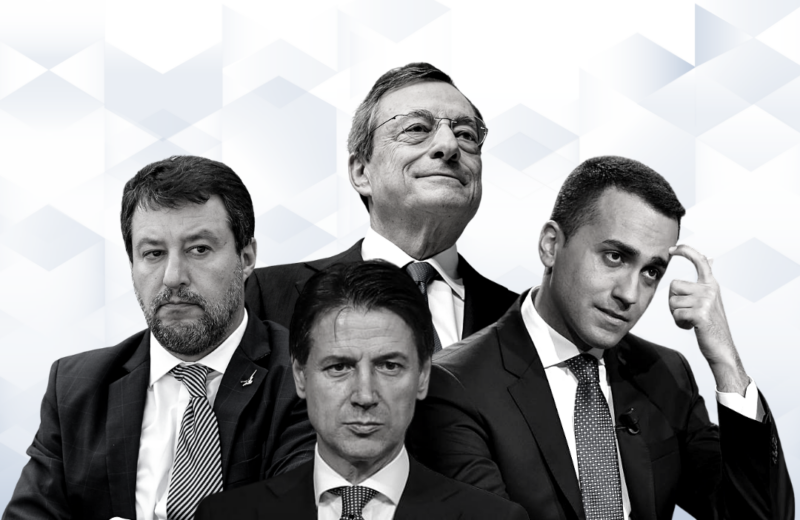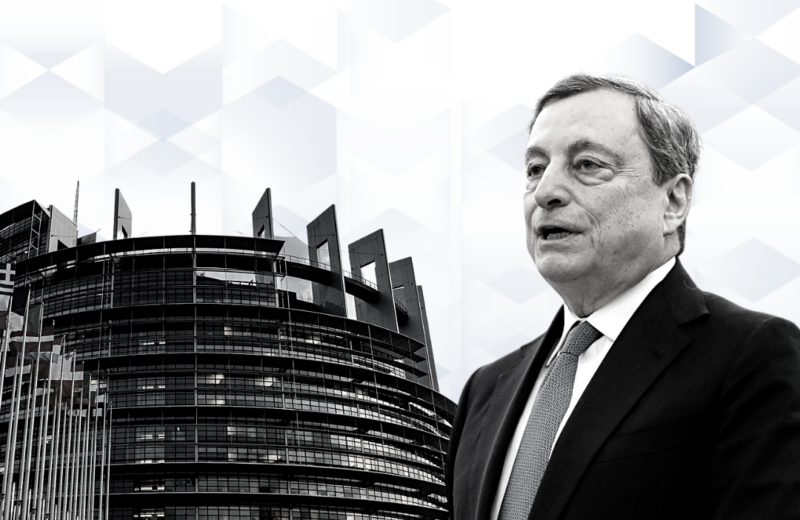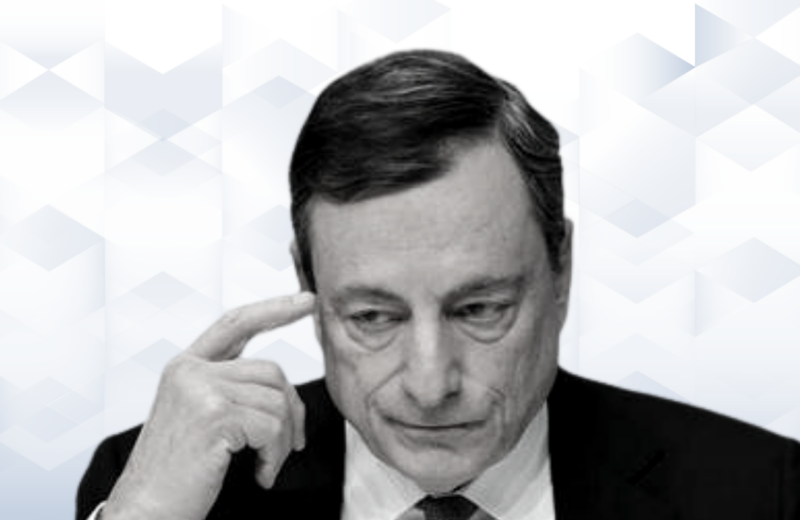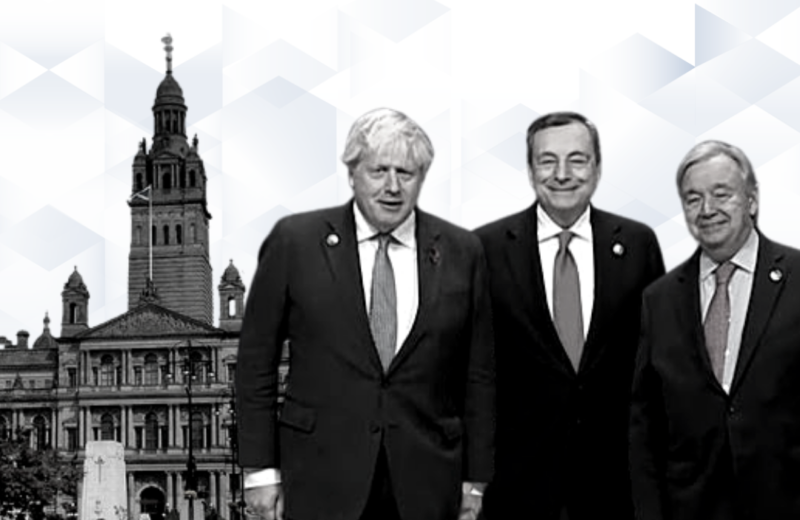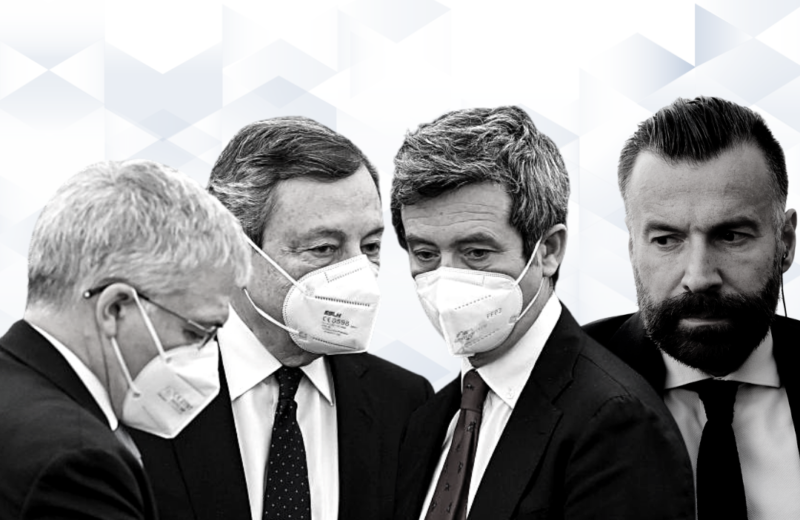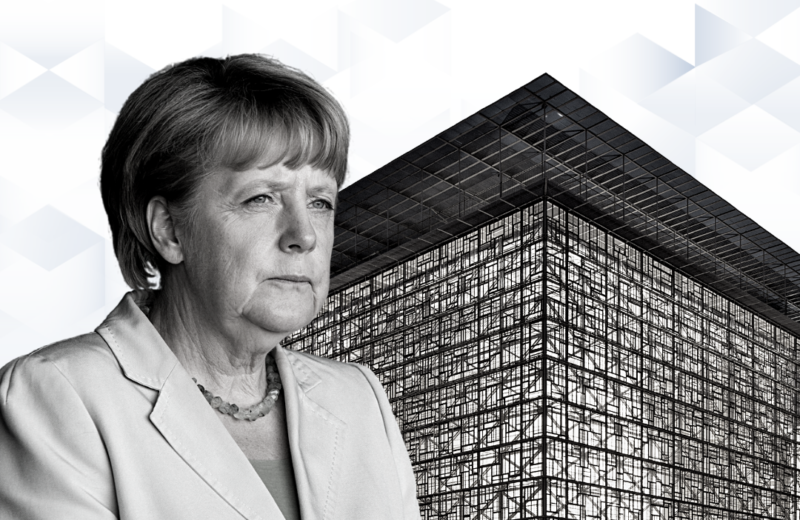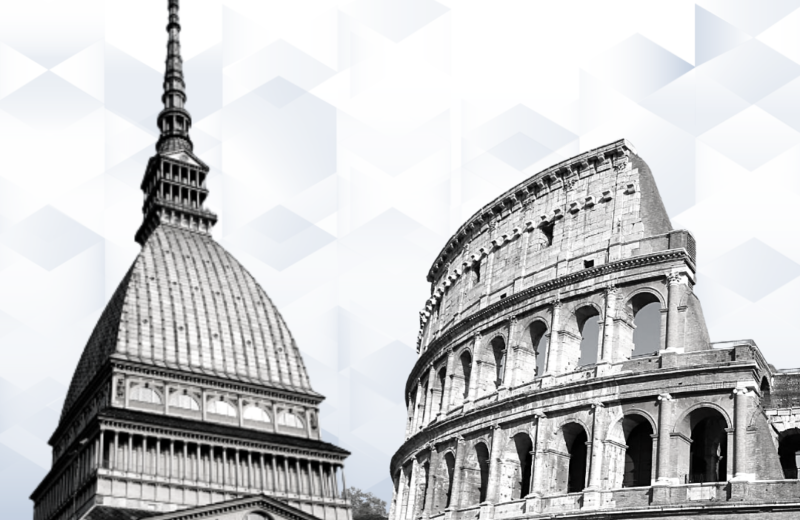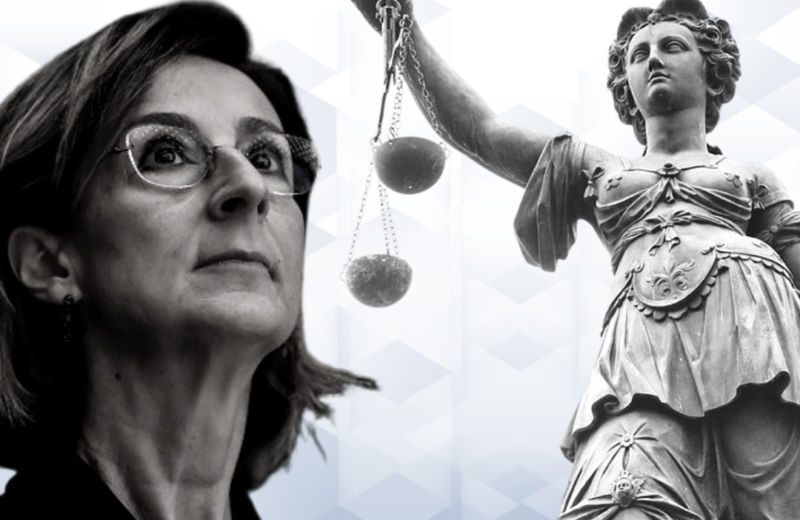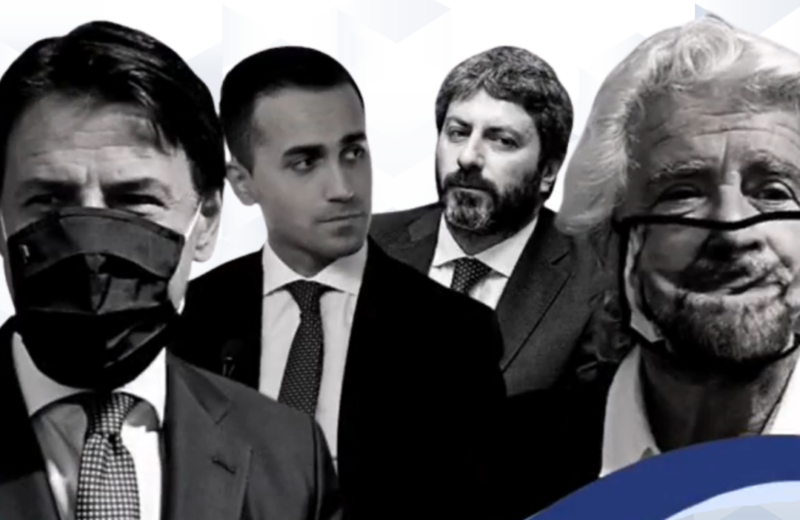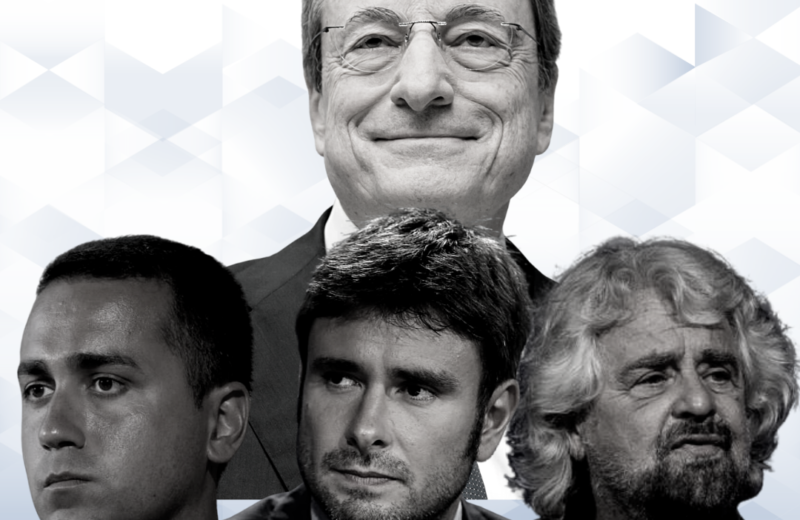Meloni government between local elections, G7 and flood emergency
Opening the week was one of the most awaited visits in a year: Zelensky’s visit to Rome, which was coloured yellow and blue for the occasion. It is the first time in Italy for the Ukrainian president since the beginning of the Russian invasion, and Head of State Sergio Mattarella wished to underline the solemnity of the event with a warm and at times moved welcome, as did Prime Minister Meloni shortly afterwards. «Welcome President, it is an honour to have you here. We are fully at your side: may peace in Ukraine be true and not a surrender», this was the focus of the meetings that, among smiles and handshakes, intended to reiterate that Italy is with Ukraine, now more than ever. The representatives of the institutions thus once again renewed their full support for Kiev. Solemn words that frame a fundamental choice in favour of the invaded country that leaves no doubt as to the position taken by Italy. Also at the heart of the visit was the Ukrainian President’s desire to exclude the pursuit of any proposal for negotiation with Russia: for the moment there is no room for any mediation, including that of the Vatican, as Zelensky reiterated in his certainly more tense conversation with Pope Francis. In any case, according to Meloni, the country emerges strengthened by Zelensky’s visit, which potentially proposes Rome as one of the pillars of the EU, especially in the eyes of the US, and a nation loyal to the Atlantic alliance.
Sunday and Monday were also the days when Italy held local elections involving 595 Italian municipalities, including 12 provincial capitals and one regional capital, for the renewal of mayors and municipal councils. The outcome of the first round of voting seems to show that the center-right has not yet exhausted its “honeymoon” with the Italians, while the opposition seems to be only partially exploiting the “Schlein effect”. The response from the ballot box thus seems, at least pending the runoff scheduled for 28 and 29 May, to crystallize the current positions where shifts in party consensus are measured in decimals and do not have an important reflection on the national political picture. This is good news for the government, traditionally penalized by mid-term elections, which often result in a parliamentary reshuffle. But the government is well aware that for the real test of resilience, the majority and the opposition will have to wait for the next European elections, called this very week between Thursday 6 June and Sunday 9 June 2024.
However, other domestic issues have caught the attention of the government. For several days now, bad weather has been afflicting the regions of northern Italy, hitting the Emilia-Romagna region in particular, where, to date, more than 10,000 people have been evacuated and more than a dozen have died. A tragic balance that seems destined not to stop, just like the torrential rains that pour down on the region without respite. «We are in the presence, essentially, of another earthquake, and I am not embarrassed to use this word: catastrophic events that have never been recorded», said Region President Stefano Bonaccini, commenting on the consequences of the bad weather. Civil Protection Minister Nello Musumeci announced the forthcoming extension of the state of emergency to the province of Rimini as well. «We are ready for a national plan to deal with the heavy rains and long periods of drought, because we need a reinterpretation of the territory: we will work with the other ministries» so that the measure can be implemented as soon as possible. In the meantime, a Council of Ministers meeting is scheduled for next Tuesday to approve a measure to help the population of Emilia Romagna affected by the current emergency.
A more than alarming situation that Meloni is forced to follow from a distance, first from Reykjavik where she attended the Council of Europe, then from Hiroshima where she took part in the meeting of the G7 countries on Friday. A summit, the latter, with a particularly ambitious agenda that intends to ban Russian gas imports on routes where Moscow has already cut off supplies, such as Poland and Germany. The Western powers thus want to ensure that Moscow does not receive an increase in its energy revenues while at the same time attempting to increase economic pressure on the Kremlin through sanctions. But that’s not all, they are also discussing how to counter China’s coercive economic practices, including the “debt traps” caused by the Silk Road, which also involves our country in the first instance. The arguments on the table thus seem to confirm how the challenge for global hegemony launched by autocratic regimes against democracies represents the central emergency of the current international system.
